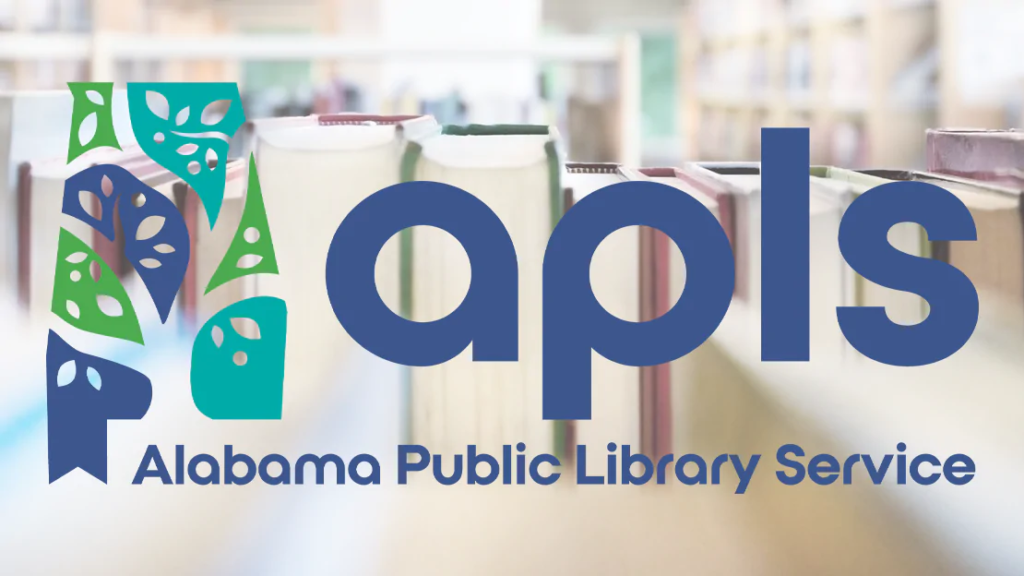Fairhope Public Library Faces Continued State Aid Dilemma
The Fairhope Public Library will not receive state aid for now, as the Alabama Public Library Services Commission opts to postpone a decision on whether to restore or permanently eliminate funding.
APLS Chairman John Wahl expressed a desire to avoid a hasty reaction from the board, noting that the library has completed its book review process. He emphasized that board members should evaluate whether remaining titles in the teen section require any “sexual clarification.”
Ron Snyder, the director representing Fairhope’s district, proposed restoring Fairhope’s funding, but his motion faced a lack of support from other board members, leading to a pointed critique of his colleagues.
“When you take that route, we risk becoming a censorship board,” Snyder stated.
Elizabeth Williams, a leader from Freedom of Reading Baldwin County, addressed the board, arguing that the definition of “sexually explicit” material should not impose restrictions on libraries. She pointed out that legal experts had indicated that the memos issued in May were not legally binding, allowing the board to concentrate on actual laws and policies during their reassessment of the 14 appeals.
Randall Wright, the chairman of Fairhope Library, informed the APLS committee that the review determined none of the questioned books aligned with the Supreme Court’s criteria for content that is deemed to incite sexual interest. However, Wright noted that the Library Committee decided to remove seven out of the 14 challenged books.
The discussion shifted to the definition of censorship at one point.
“We’re heading toward becoming a censorship board,” Snyder reiterated.
“Accessing information doesn’t equate to censorship,” Wahl countered.
Snyder argued, “It’s definitely censorship if this board is labeling books from places like Fairhope or Birmingham as indecent.”
“It’s not censorship to judge whether something is indecent; however, making a book illegal constitutes censorship,” Wahl replied.
Wright added, “If it distances the content from the author’s intent, that’s censorship.” Minton chimed in, explaining that librarians face decisions daily on which books to include in their collections, effectively performing a form of censorship, otherwise, libraries would contain millions of titles.
“This isn’t censorship,” Wahl responded firmly.
“It is censorship,” Snyder retorted.
Legal questions loom over whether the APLS’s definition of “sexually explicit” material should be considered a standard for evaluating its own collection. This includes definitions that may reference nudity. By employing this definition and the APLS Management Code, certain titles remaining in Fairhope’s teen section are classified as sexually explicit by state standards, breaching state aid regulations, despite Fairhope Library’s directors favoring the Miller for Minors Test.
Wahl argued that while the Fairhope Library Board might challenge the state’s definition of sexually explicit content, the board retains the authority to establish that definition.







